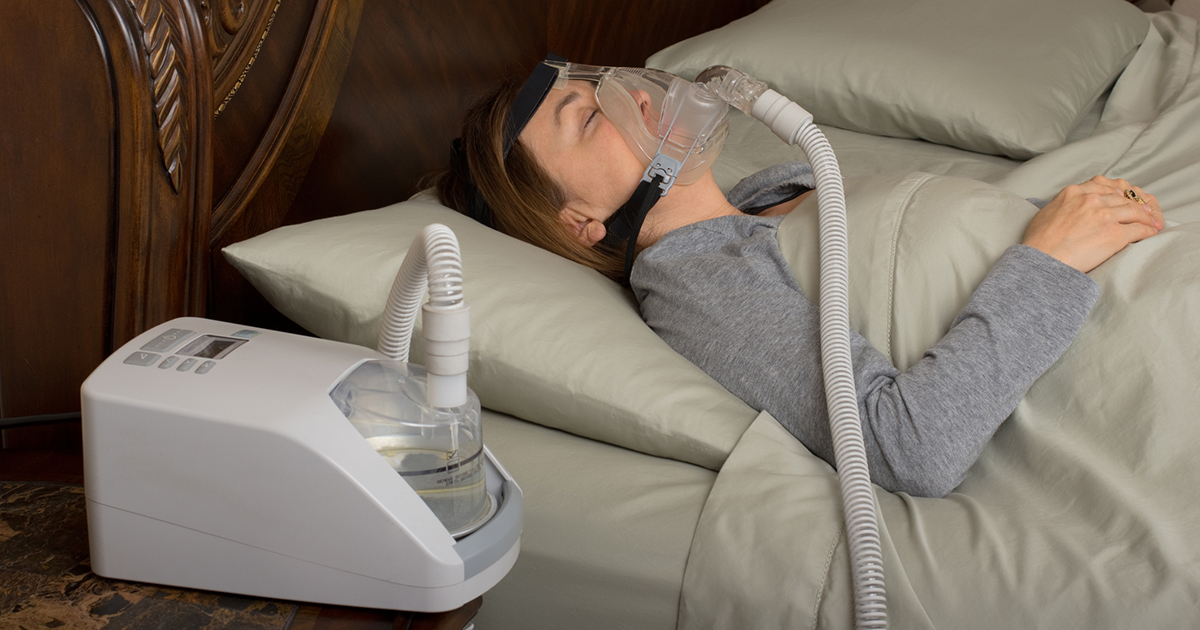Risk Factors Linked To Pseudotumor Cerebri
Sleep Apnea

Sleep apnea is a serious condition that causes patients to stop breathing multiple times while they are sleeping. As with pseudotumor cerebri, one of the major risk factors for this condition is obesity. Symptoms of sleep apnea include gasping for air during sleep, snoring loudly, and feeling very tired during the day. Patients may also struggle with irritability and have difficulty concentrating. Morning headaches and dry mouth have been reported as well. Treatment for sleep apnea includes weight loss and the use of a CPAP machine that provides continuous positive airway pressure throughout the night to ease breathing. Some patients may be able to use a Bi-PAP machine that provides airflow in a more comfortable way. Various oral appliances may also be recommended, and surgery is used as a last resort. Patients with sleep apnea may wish to speak with their healthcare team about their risk of pseudotumor cerebri, and they should immediately inform their doctor if they develop vision changes or other symptoms of pseudotumor cerebri.
Discover additional risk factors for pseudotumor cerebri now.